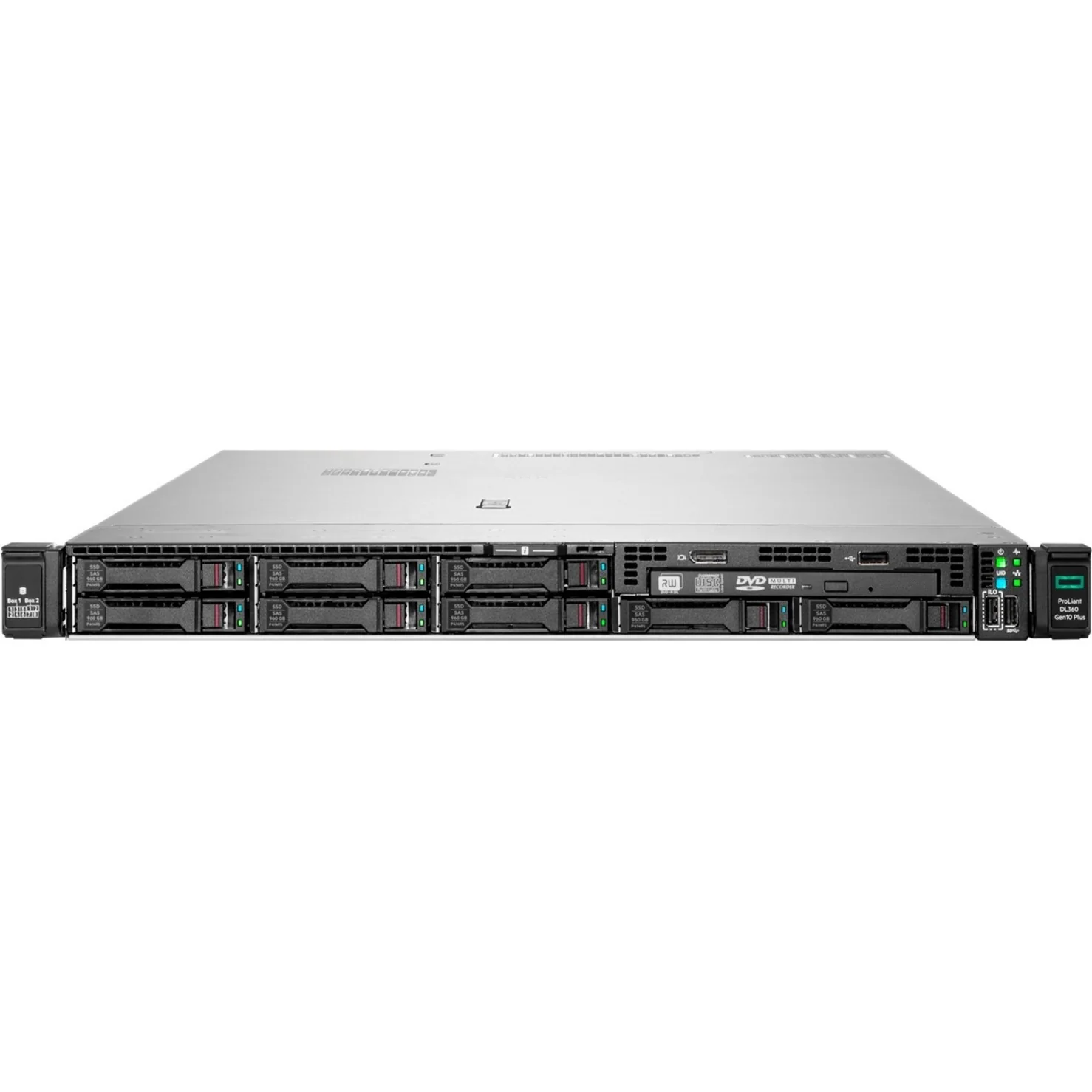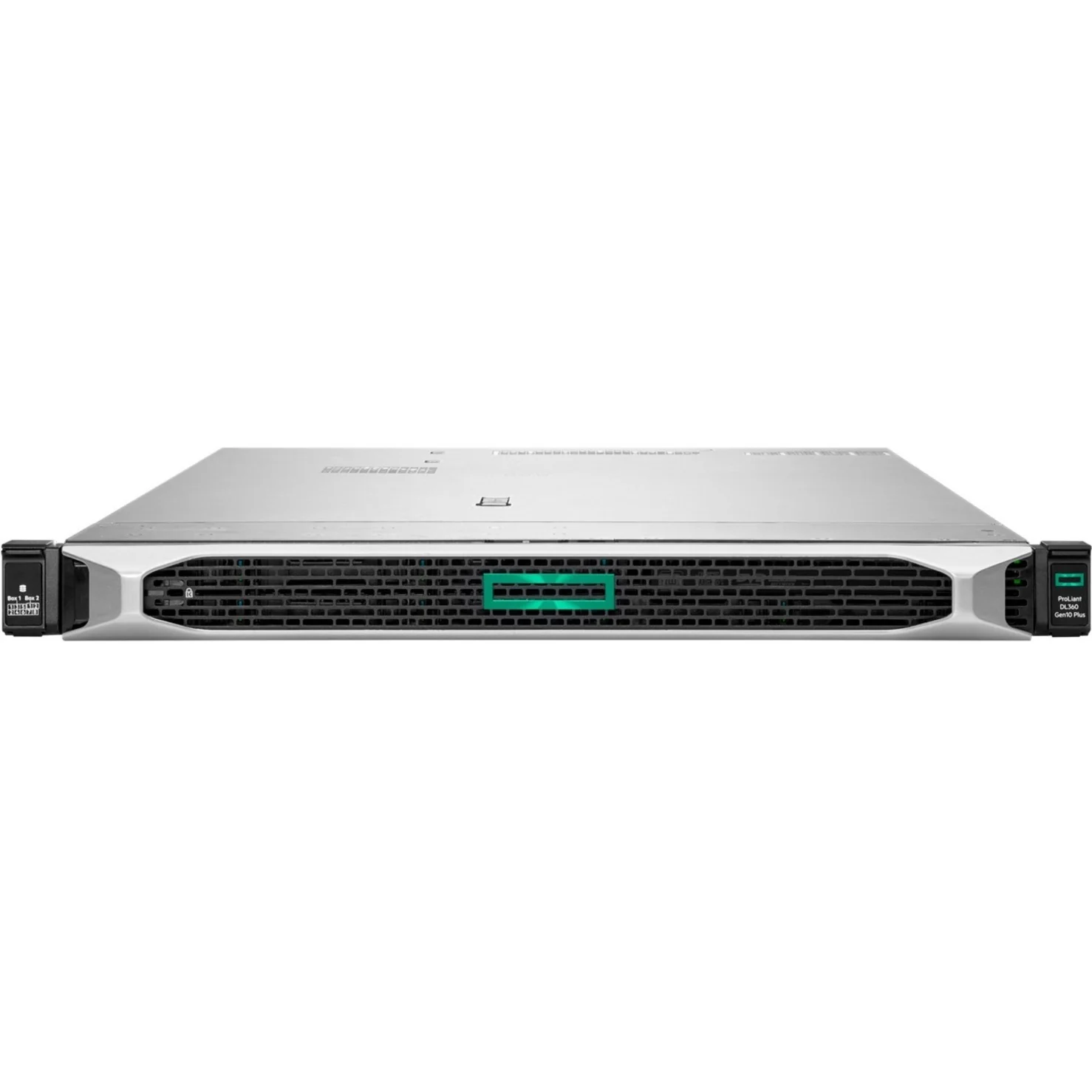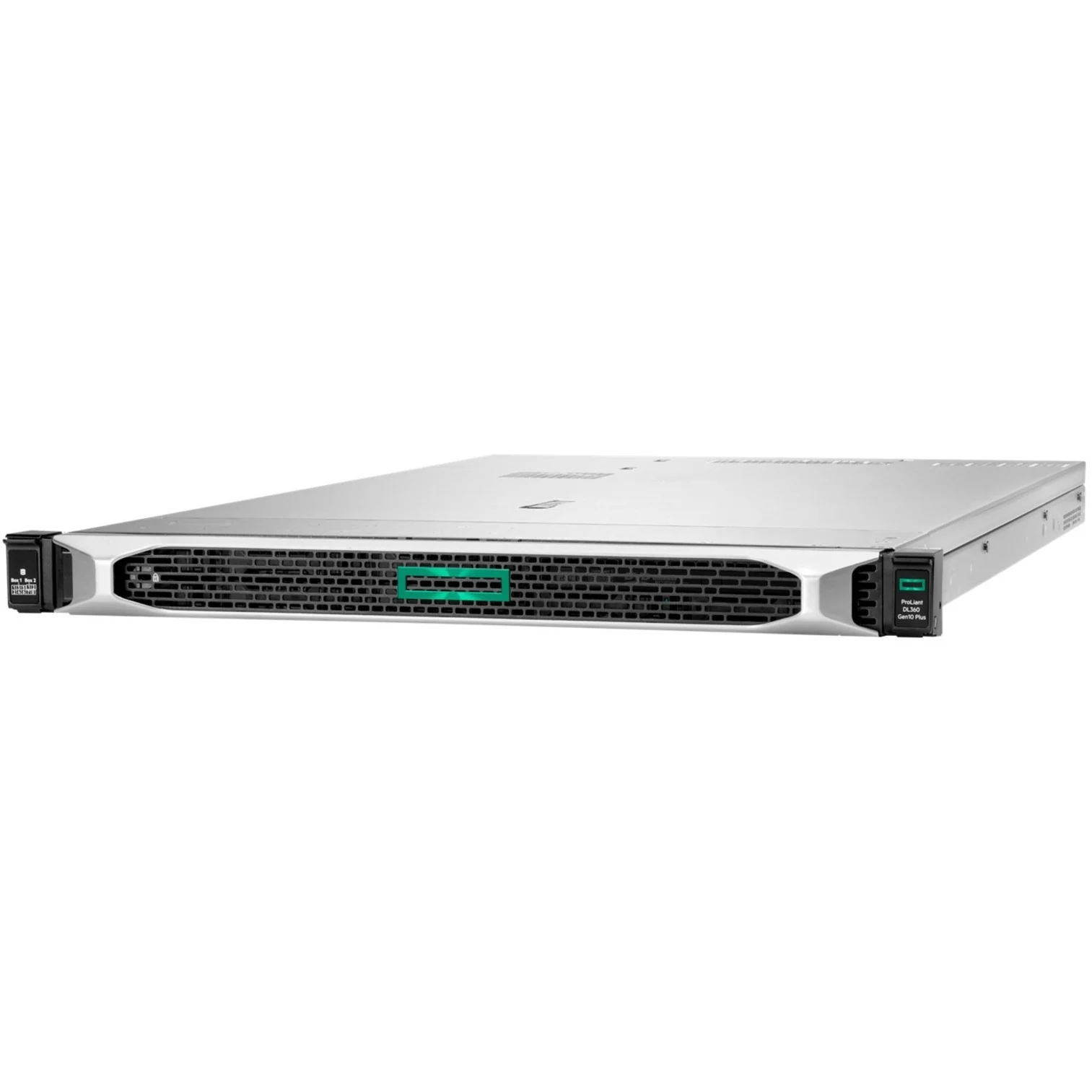hpe server vs dell server
When comparing HPE servers versus Dell servers, both manufacturers offer robust enterprise solutions with distinct characteristics. HPE servers, produced by Hewlett Packard Enterprise, are renowned for their innovation in memory-driven computing and superior management software through iLO (Integrated Lights-Out). They excel in providing comprehensive security features, including Silicon Root of Trust technology that ensures firmware protection from the hardware level up. Dell servers, particularly their PowerEdge line, are celebrated for their scalability and customization options, offering excellent price-to-performance ratios. Dell's OpenManage system provides intuitive server management capabilities, while their unique thermal design enables optimal performance in various environments. Both vendors offer extensive product lines ranging from rack and tower servers to blade systems, but HPE typically edges ahead in terms of advanced automation and integrated security features. Dell servers often provide more flexible configuration options and generally come with more competitive pricing structures. The choice between these server solutions often depends on specific business needs, with HPE focusing on enterprise-grade innovation and Dell emphasizing practical scalability and cost-effectiveness.


